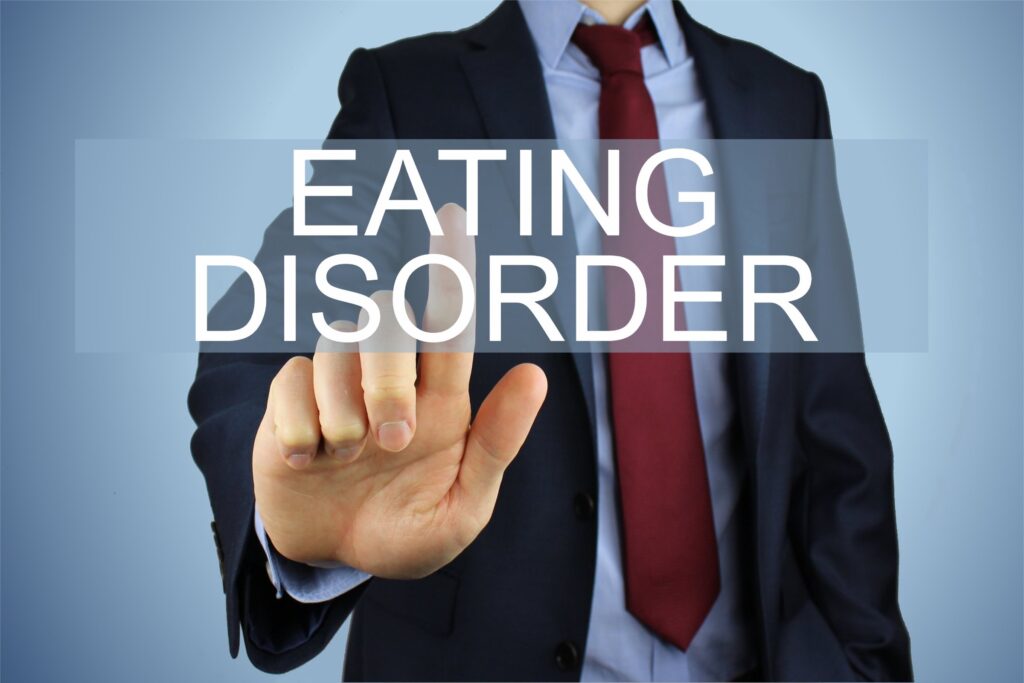Eating disorders, body image issues, and low self-esteem problems are not uncommon in the society we live in today. With celebrities such as Kim Kardashian and Kylie Jenner setting unrealistically high beauty standards, the pressure to be perfect is higher than ever. 90% of teenagers, mostly girls, develop eating disorders and mental illnesses due to these expectations. At first, throwing up a few times or skipping a meal or two doesn’t seem too harmful, but as time progresses, these habits develop into unhealthy rituals that, in some cases, result in death. Anorexia nervosa is defined as an eating disorder characterised by low weight, food restriction, body image disturbance, fear of gaining weight, and an overpowering desire to be thin. Why do we need to be thin? We eat in order to provide our bodies with sufficient energy to keep ourselves alive. What do we gain by depriving ourselves of that? The answer is serious health problems. Without enough nutrients, our bodies cannot perform basic functions. For example, Osteopenia is an illness associated with having weak bones. Without adequate calcium and vitamin D, patients can suffer from painful fractures that will take twice the time to heal compared to a healthier person.

Even though there is no specific reason behind developing eating disorders such as anorexia and bulimia, factors such as bullying, peer pressure, bipolar disorder, and major depression are thought to majorly contribute. It’s a common misunderstanding that people who suffer from eating disorders are pin-thin. In fact, people who we consider “overweight” can also experience major weight loss in relatively short periods of time. Body image issues are more of a mental problem than a physical one. This is because people affected by eating disorders generally associate food with being ugly or overweight. The sight of food makes them feel bad about themselves, and they use behaviors like restricting, binging, or purging to minimise calories. We train our brains to think something, and that becomes a belief. Eventually, a belief changes into a behavior. For example, our brains are trained to think that when we exercise, we lose weight. Technically, this is correct, because when we exercise, we break down glucose stored in the body and release it in the form of energy. However, the problem starts when people restrict their energy intake, such as by eating salads with no dressing, but they burn a lot of calories. The main purpose of exercise is to keep our bodies healthy, which everybody seems to have forgotten. I think that people have the right to do whatever they want with their bodies, as long as they know their limits.








